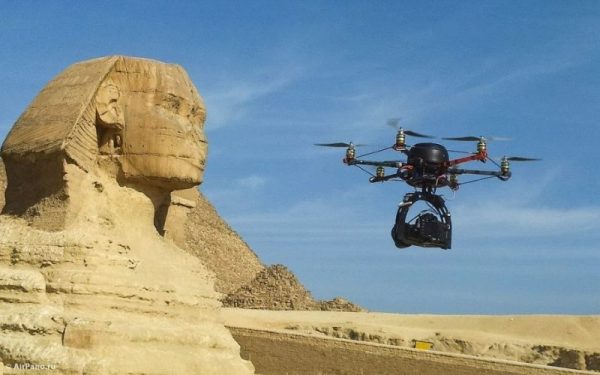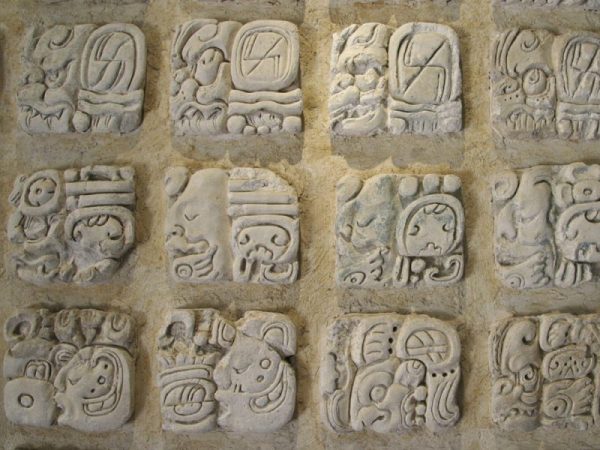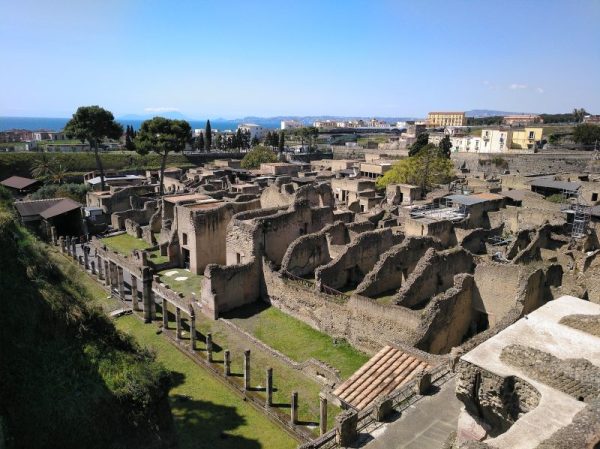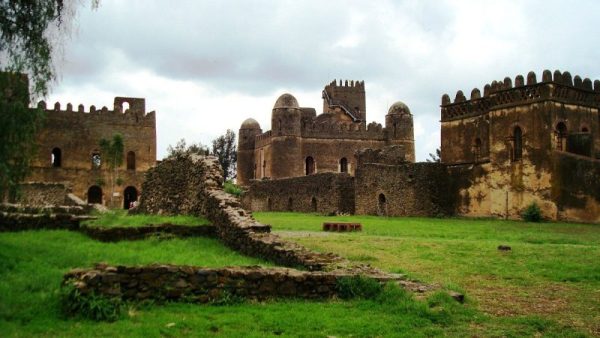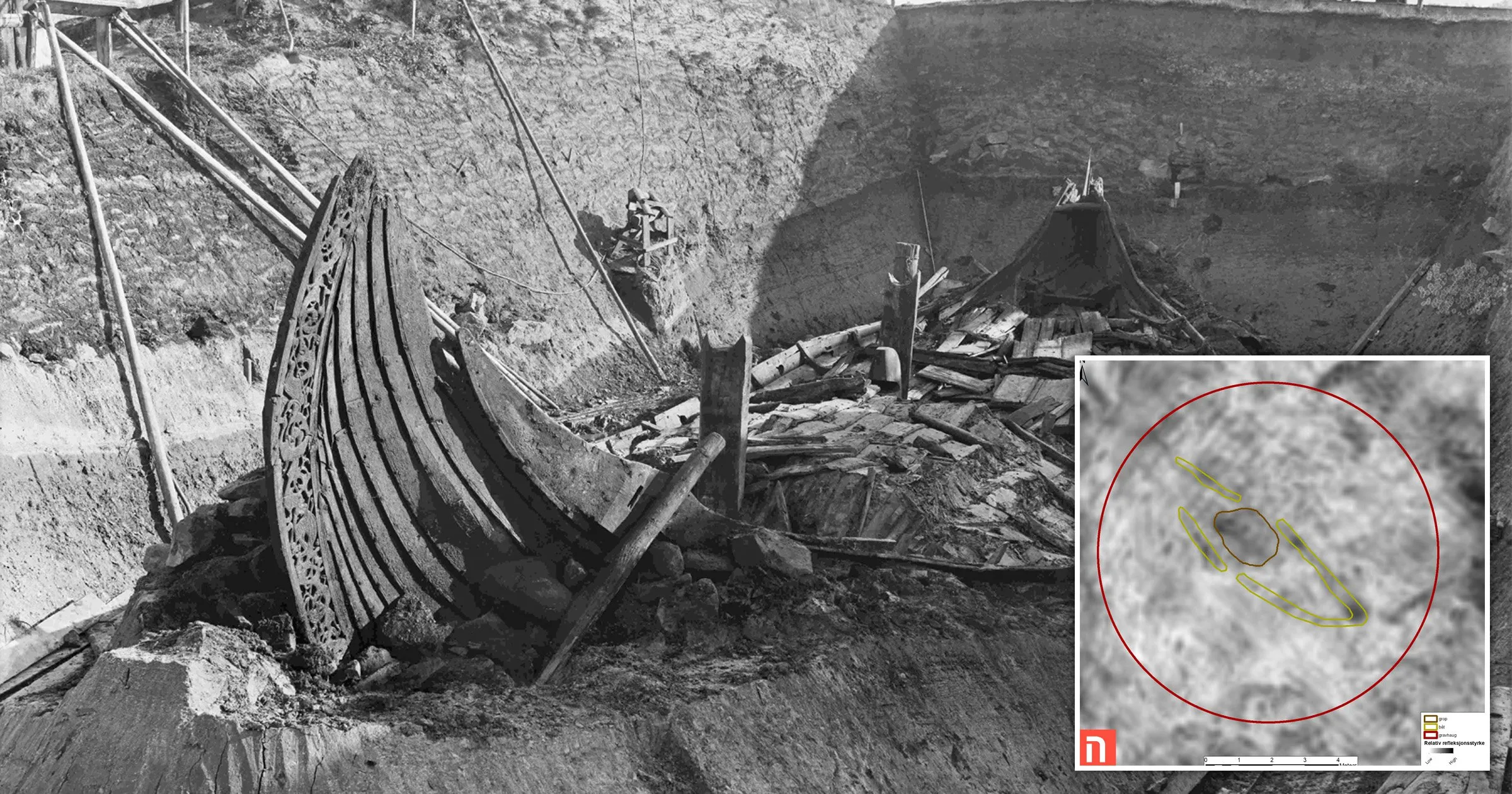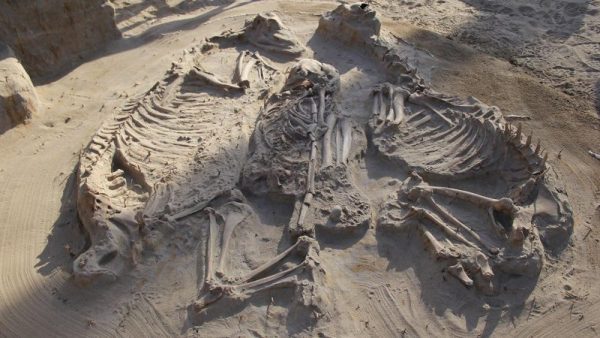The quest for Atlantis, the legendary lost city, has been a source of fascination and intrigue for generations. Shrouded in mystery and buried beneath the depths of the ocean, Atlantis beckons explorers, historians, and dreamers to uncover its enigmatic secrets. In this journey through time and myth, we embark on the quest to unravel the legends and mysteries that surround Atlantis, seeking to shed light on one of the greatest mysteries of human history.
The Origins of the Atlantis Myth
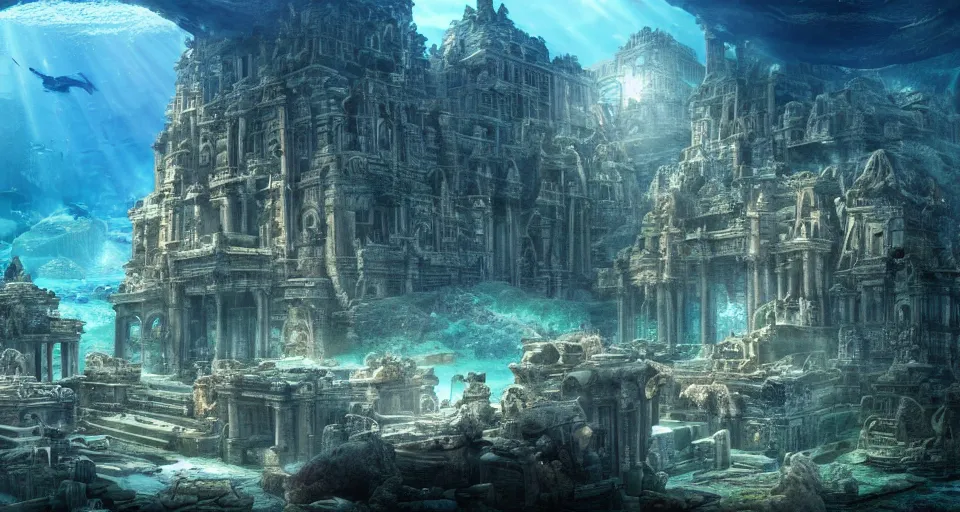
Plato’s Account
The tale of Atlantis begins with the writings of the ancient Greek philosopher Plato. In his dialogues “Timaeus” and “Critias,” Plato described Atlantis as a powerful and advanced civilization that once thrived before vanishing beneath the waves. These texts provide the cornerstone of the Atlantis myth, igniting the flames of curiosity that continue to burn brightly today.
Ancient Texts and Mythology
Beyond Plato’s accounts, ancient texts and mythologies from various cultures offer tantalizing hints and references to Atlantis-like civilizations. We delve into the annals of Egyptian records, the oral traditions of indigenous cultures, and the whispers of ancient mythologies in our quest for clues that might shed light on the elusive Atlantis.
Theories and Hypotheses
Location Theories
One of the most debated aspects of Atlantis is its possible location. Researchers have proposed numerous theories, ranging from the Mediterranean to the Caribbean, as potential sites of this lost city. These theories have spurred expeditions to the farthest corners of the Earth in the relentless pursuit of Atlantis’s hidden remains.
Cataclysmic Events
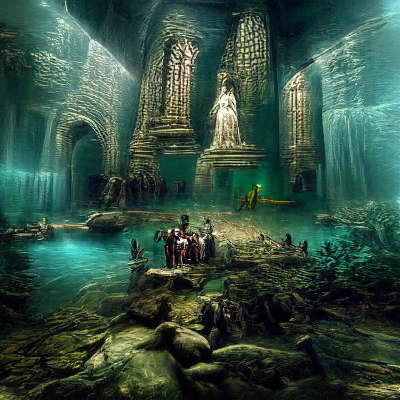
Many theories suggest that Atlantis met its demise through catastrophic events such as volcanic eruptions, earthquakes, or tsunamis. We delve into geological and historical evidence, seeking to ascertain the validity of these theories and uncovering the forces that might have triggered Atlantis’s fateful plunge into the abyss.
Advanced Technology and Civilization
Atlantis is often depicted as an advanced civilization with technology that far surpassed its time. We explore the tantalizing evidence for advanced engineering, architectural marvels, and knowledge that some claim existed within Atlantis, potentially influencing the development of other ancient cultures across the world.
The Search for Atlantis: Expeditions and Discoveries
Early Explorers
Throughout history, courageous explorers and adventurers have embarked on quests to find Atlantis. We follow in the footsteps of these pioneers, from the earliest documented expeditions to more recent endeavors that have sought to unlock the secrets of this enigmatic city.
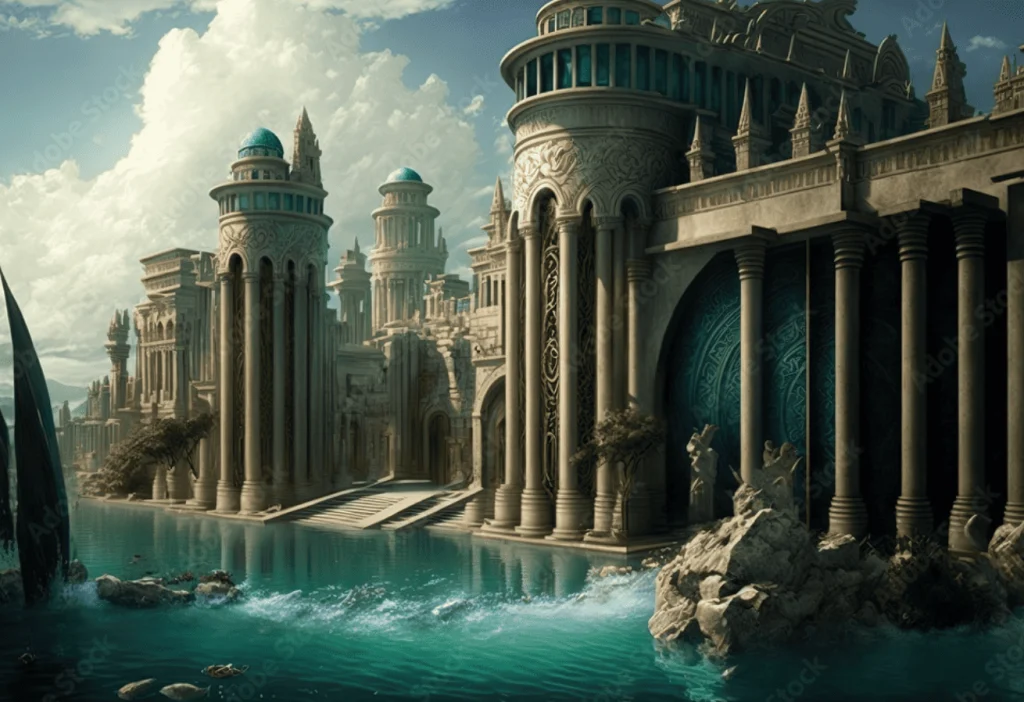
Modern Underwater Exploration
Advancements in technology have ushered in an era of sophisticated underwater exploration, allowing researchers to probe potential Atlantis sites with unprecedented precision. We uncover the tools and methodologies used in underwater archaeology and explore the remarkable discoveries that have ignited hopes and sparked new questions about the existence of Atlantis.
Debunking Myths and Skepticism
Scientific skepticism looms large in the ongoing fascination with Atlantis. Within the scientific community, a critical lens is often applied to scrutinize the claims surrounding this legendary city. Let’s delve into the arguments that cast doubt on the existence of Atlantis and explore the scientific principles that challenge the idea of a technologically advanced, submerged metropolis.
One of the primary points of contention is the lack of empirical evidence supporting the existence of Atlantis as described by Plato. Skeptics argue that the absence of concrete archaeological findings, such as ruins or artifacts, undermines the credibility of the Atlantis narrative. Additionally, questions arise regarding the feasibility of an entire city, as advanced as Plato described, sinking beneath the ocean without leaving substantial traces.
Geological and oceanographic factors also pose challenges to the Atlantis theory. Critics assert that the geological processes required for such a massive landmass to submerge rapidly are implausible. Moreover, the dynamics of plate tectonics, which govern the Earth’s crustal movements, do not align with the notion of a single catastrophic event causing Atlantis’s demise.
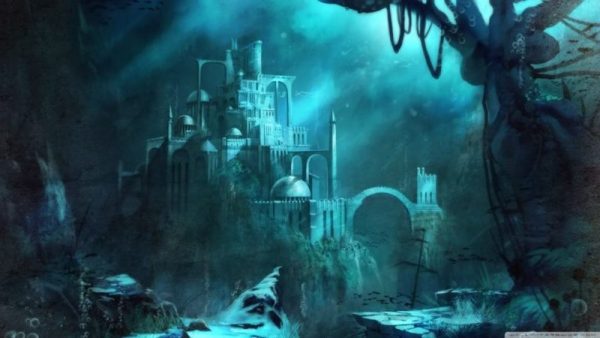
In the absence of empirical evidence, alternative theories emerge to shed light on the enigmatic Atlantis myth. Some researchers interpret Atlantis allegorically, suggesting it represents the consequences of human arrogance or a cautionary tale about the perils of hubris. Others explore the psychological aspects of the myth, viewing Atlantis as a manifestation of humanity’s fascination with the unknown and a symbol of our eternal quest for knowledge and discovery.
While scientific skepticism persists, the legend of Atlantis continues to captivate the human imagination, inviting speculation, exploration, and debate. It serves as a testament to the enduring power of myth and the ongoing quest to unravel the mysteries of our shared human history.
The Legacy of Atlantis: Influence on Culture and Imagination
Atlantis has had a profound and enduring influence on various facets of human culture, seeping into the realms of literature, art, and popular culture. Its enigmatic allure has left an indelible mark on the canvas of human imagination, captivating the minds of individuals across the globe.
Within the pages of literature, Atlantis has served as a wellspring of inspiration, infusing stories with themes of lost civilizations, moral allegory, and wonder. From its inception in Plato’s writings to its reinterpretation in the works of authors like Jules Verne, Atlantis has been a magnetic force, drawing writers and readers into its mystique.
In the world of cinema, Atlantis has undergone countless transformations, evolving into an advanced civilization concealed beneath the ocean’s depths, a source of technological marvels, and a source of imminent danger. Whether showcased in Disney’s animated feature “Atlantis: The Lost Empire” or the cinematic spectacle of James Cameron’s “The Abyss,” the enchantment of Atlantis continues to hold audiences in its thrall.
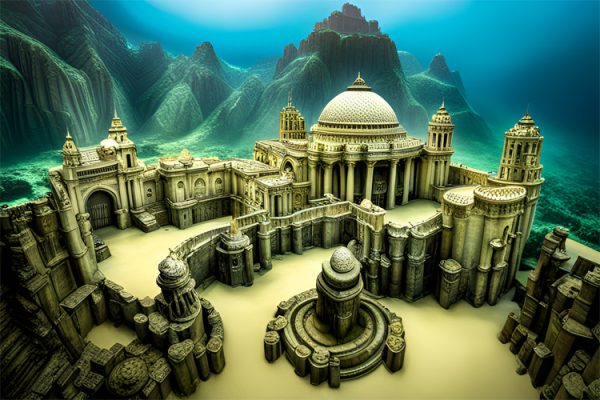
In the realm of art, Atlantis has been a wellspring of creative expression, inspiring painters and visual artists to conjure images of its submerged splendor or its cataclysmic fall from grace.
However, beyond its role as a source of entertainment and artistic expression, Atlantis offers enduring lessons. Regardless of its historical veracity, it beckons us to delve into the mysteries of our past, the boundaries of our imagination, and the depths of our shared human history. The quest for Atlantis extends beyond the tangible, urging us to explore the realms of possibility, nurture our curiosity, and acknowledge the timeless influence of myth and legend on the human psyche.
Conclusion
In conclusion, the search for Atlantis is not just a pursuit of a sunken city; it is a voyage into the heart of human curiosity and the enduring allure of the unknown. Whether Atlantis is a lost civilization, a symbol of human hubris, or a timeless myth, its legend continues to beckon us, reminding us of our eternal quest to explore the mysteries of our world and our own souls.
As we continue our quest for Atlantis, we may discover not only the remnants of a city but also a deeper understanding of our shared human history, our boundless imagination, and our relentless pursuit of truth and knowledge. The quest for Atlantis endures as a testament to human curiosity, resilience, and the enduring mysteries that ignite our passion for exploration and discovery. Atlantis is a legend that invites us to dive deeper, both into the depths of our oceans and the infinite reaches of our own imaginations, reminding us that the greatest mysteries are often the ones we are meant to explore together.
